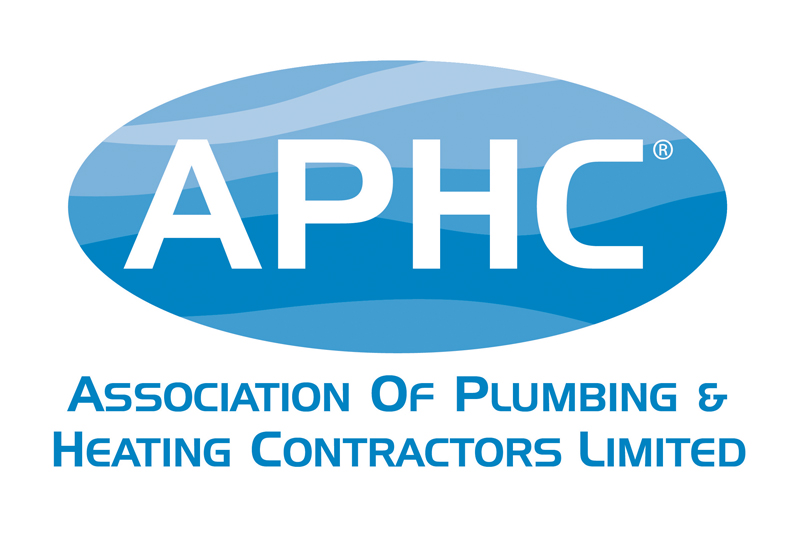
Simon Ayers, Chief Executive of TrustMark, advises on understanding the new consumer law.
In the UK we have been undergoing a period of sweeping change in consumer protection, with the government wanting to give consumers more confidence and legal back-up to deal with bad service or shoddy goods. Through clear, modern legislation, they are also wanting to help consumers and businesses have a better understanding of their rights.
A major part of the government’s reform is the Consumer Rights Act 2015, which received Royal Assent on 26 March, and comes into force on 1 October. This shake-up of consumer law will consolidate current consumer law and introduce new statutory terms, a new tiered remedy system for defective goods and new consumer rights in relation to digital content, amongst other things.
The Act should make it easier for people to understand their rights and challenge bad practice with remedies if things go wrong, such as putting the work right, repeating performance and reducing the price. It will also provide clear time periods when a consumer can seek a repair, replacement or refund.
A trader (for example, a plumber) who is supplying a service must follow certain standards. They must provide a service with reasonable care and skill, be aware that information said to the consumer is binding where the consumer relies on it and carry out the service within a reasonable time and price, particularly if it is not agreed before you enter into a contract.
Whilst the new legislation brings many changes, the overall picture is that consumer rights in relation to the supply of goods and services will remain similar to those that apply now. It will change the rules relating to the supply of goods, services and digital content for contracts made from that date and a single set of rules will apply to all contracts where goods are supplied, including sale, hire, hire-purchase and work/materials contracts.
For most traders, the most significant changes will be increased clarity over the right to reject goods and when that right is lost, and the new presumption that consumers should not have to accept multiple attempts at repair or replacement. Where a consumer who has lost the right to reject then asks for repair or replacement, the trader has just one chance to get this right before the right to reject is reinstated.
Another consumer rights measure being implemented in the UK from 1 October is the European Directive on Alternative Dispute Resolution (ADR). This will help consumers get greater access to redress, should something go wrong with their bought goods or services, without having to resort to legal action.
The ADR Directive will be an option all businesses can benefit from when a dispute cannot be settled directly with a customer. Contractual disputes have traditionally been resolved through the courts, a process which can be expensive and lengthy, but ADR will offer customers other methods of dispute resolution. All businesses, regardless of their sector, will have to have ADR choices written into their contracts.
In simple terms, all businesses will have to have a clear and transparent dispute resolution process in place that has to be available to all customers before they enter into a contract. This applies to all consumer contracts whatever the costs of the work being carried out or the service provided.
In July, TrustMark was officially approved as a certified ADR Provider by the Chartered Trading Standards Institute (CTSI). This will allow all TrustMark Scheme Operators and registered firms to be compliant with the new ADR laws and to have the option to offer their customers a clear, simple and low cost dispute resolution alternative to formal legal action should things go wrong.
We are one of the few organisations to provide the ADR service and to offer our own ADR process for disputes relating to domestic repair, maintenance and improvement work carried out in and around the home. It is available to both TrustMark-registered tradespeople and their customers for contracts to the value of £100,000 and they will be able to use the service as a ‘pay as you go’ with no annual fee or costs.
As with any new changes, the challenge we now face is understanding how these complicated legislations will impact day-to-day operations. Our primary concern is to advise and support our TrustMark-registered firms, including those in the heating and plumbing sector, on how their rights and responsibilities will change under the new legislative framework. If businesses embrace these new rules and make sure they treat their customers fairly, this in turn will boost consumer confidence.













